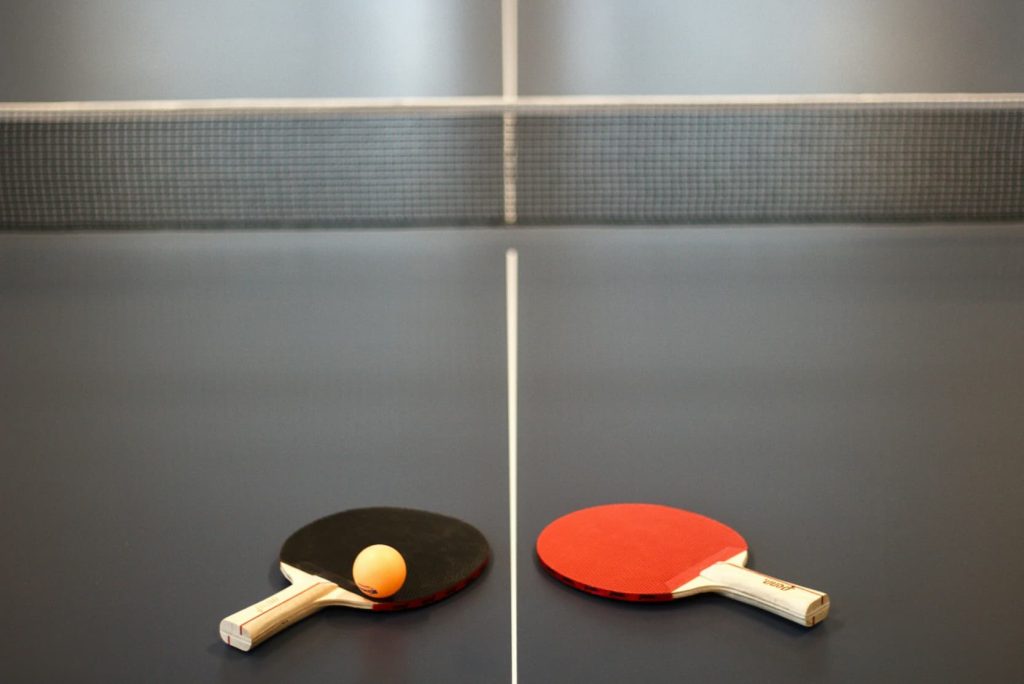Sports betting is one of those things that looks easy on the surface but gets trickier the deeper you go. Some people believe it’s all about luck, just guessing which team will win and hoping for the best. Others believe it is a game of skill, where research, strategy, and experience separate the winners from the losers. The truth? Bettors at 22bet agree that it is a mix of both, but not in the way most people think.
The Illusion of Luck
Let’s be real: luck plays a role in sports betting. No matter how much research you do, you can’t control everything. A star player might get injured five minutes into the game. A referee might make a bad call that changes the outcome. Weather conditions could turn a high-scoring game into a low-scoring mess. These things are out of your hands, reminding you that, in the end, sports are unpredictable.
A casual bettor who knows nothing about the teams playing could place a bet on a random underdog and win big. That’s pure luck. But here’s the thing: Luck evens out over time. A beginner might get lucky once or twice, but luck won’t last without a strategy.
Why Skill Matters More in the Long Run
Skill is about making informed decisions. A good sports bettor who continues making money astutely gathers data, analyzes it and builds their strategy. He suggests the evaluation of team statistics, performance ability of players, injuries, sidelights from previous matches against certain opponents, and sometimes even a look at travel schedules and weather. They will never put their money down on a win simply because they liked the name of a team or the color of its uniform.
Skill in sports betting is identifying value. A skilled bettor is interested in who will win and whether the odds favor them. If a team were to win 50% of the time in this situation, a bet would be justified so long as the implied odds win only 40% of the time. That is where a professional draws the line from someone who is just betting.
The Trap of Overconfidence

One of the biggest mistakes bettors make is thinking skill alone can guarantee wins. Even the sharpest bettors lose bets. The key difference is that skilled bettors know how to manage their losses. They don’t chase losses by making reckless bets, and they don’t let emotions control their decisions.
There’s also the problem of overconfidence. A bettor might get a few wins and start believing they have everything figured out. They stop doing research, ignore key factors, and take bigger risks. That’s when luck catches up, and suddenly, they’re on a losing streak.
The Balance of Luck and Skill
Think of sports betting like poker. On one hand, a bad player could win against a pro because of luck. But over hundreds or thousands of hands, skill wins out. The same happens in sports betting. In the short term, luck plays a big role. But in the long run, skill decides who wins and who loses.
This is how successful bettors bet in the long run. They don’t expect to win all their bets. Their goal is to have a series of smart wagers that will give them an edge at the end of the day and over time. Their strategies include bankroll management, where only part of their cash goes on a single game. That is why a few misfortunes in betting won’t wipe them out.
